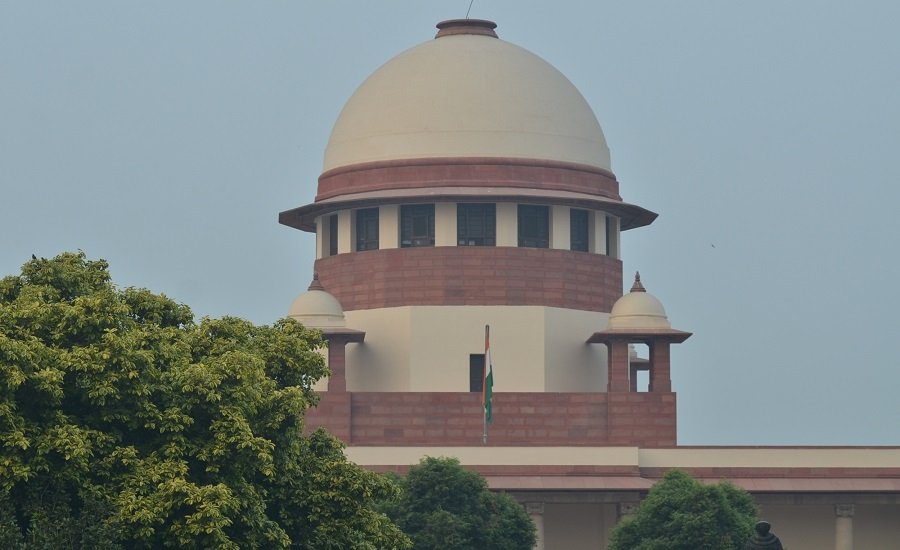NEW DELHI – The Supreme Court on Monday declined to entertain bail pleas of a retired engineer and others, including members of Social Democratic Party of India and Popular Front of India, facing charges under Unlawful Activities (Prevention) Act (UAPA), for their alleged involvement in the Bengaluru 2020 riots.
Senior advocate Sidharth Luthra, representing 68-year-old retired engineer Mohammed Kaleem Ahmed, submitted before a bench comprising Justices Dinesh Maheshwari and Vikram Nath, that his client was not named in the original FIR but was made an accused after the National Investigation Agency (NIA) took the charge of the investigation. Luthra added that he has already been in custody for 14 months and pointed out that there were 154 witnesses in the case.
The bench said it has gone through the case details and pointed out that the high court has passed a detailed order. It added that there were charges under the UAPA, along with other penal provisions.
Luthra argued that his client was charged under the UAPA for burning a vehicle and he was named by a policeman because his pharmaceutical shop was nearby.
After hearing arguments in the matter, the bench said the trial was still pending, and it is not inclined to grant any relief to Ahmed and others. It refused to interfere with the Karnataka High Court order, which dismissed their bail plea.
“We can’t have a society like this,” the bench said, adding that public properties were damaged and there is also a UAPA charge.
Advocate Gaurav Agrawal, representing other accused, contended his clients were in jail for the past 16 months and added that UAPA was invoked against them for allegedly burning bikes.
In August 2020, violence took place in Bengaluru, where four people lost their lives.
The offences were registered under the UAPA, the IPC, as well as the Karnataka Prevention of Destruction and Loss of Property Act, 1981, and the Scheduled Castes and Scheduled Tribes (Prevention of Atrocities) Act, 1989. -IANS

